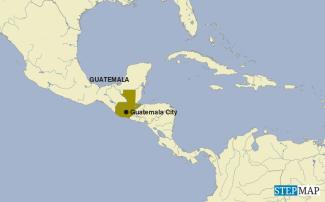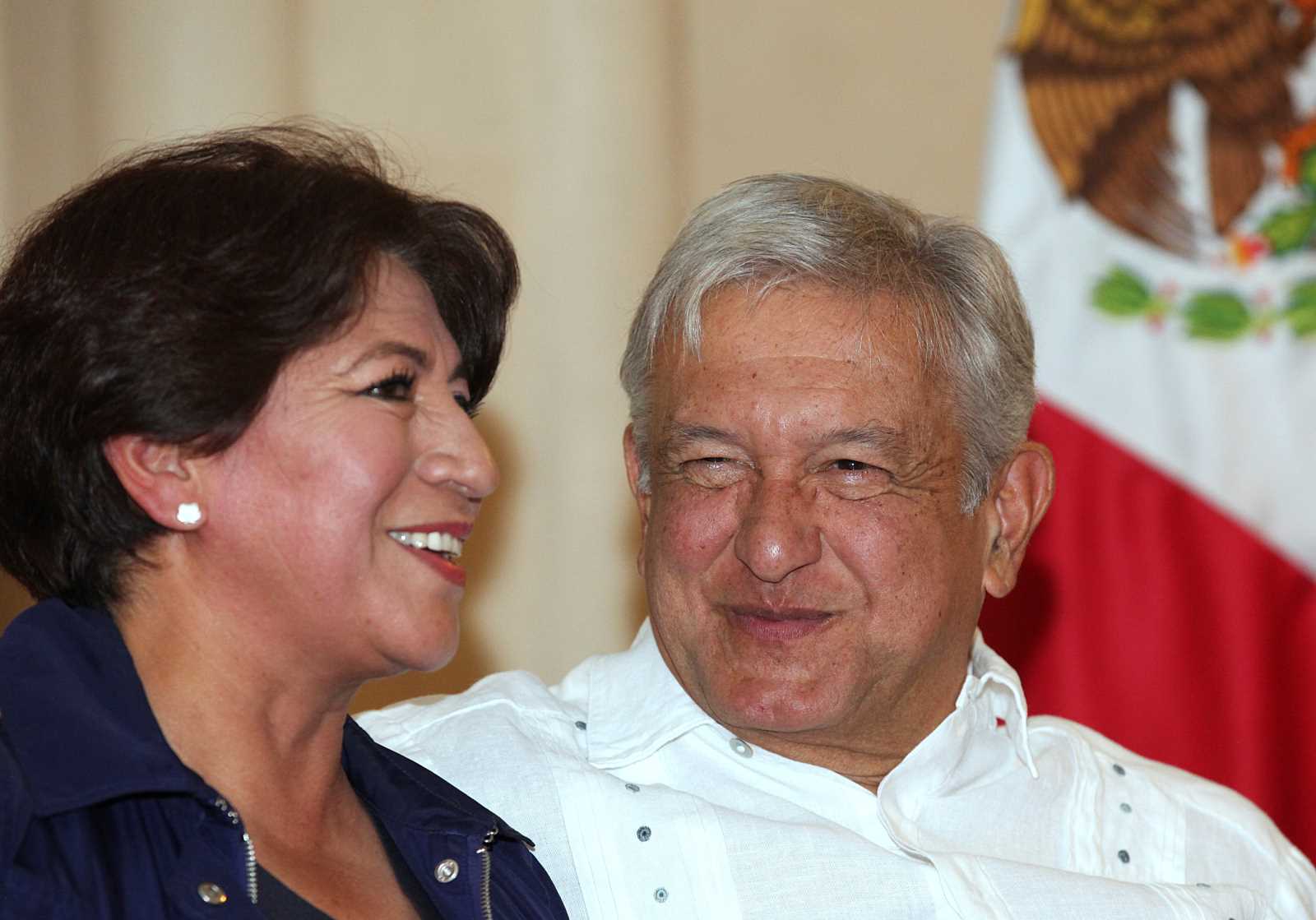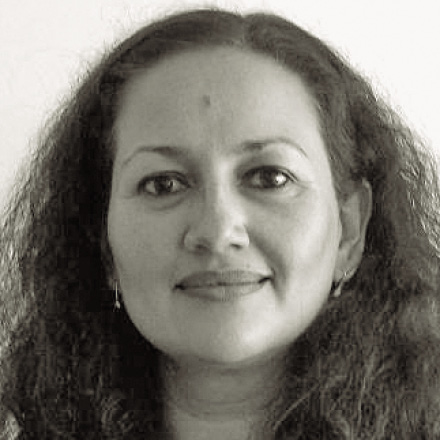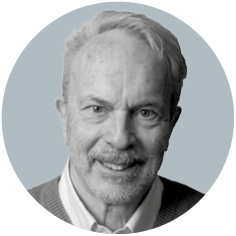Journalism
Working in fear

Guerra had received death threats before the attack and made this known on social media. But the national police ignored the information, according to the Guatemala Journalists Association. And the newly expanded Prosecutor’s Office for Crimes against Journalists says it was unaware of threats against Guerra prior to the attack.
Guatemala is a dangerous place for journalists. Since 2007, 20 journalists have been killed in the country, according to the United Nations Educational, Scientific and Cultural Organisation (Unesco). In addition to killings there have been uncounted numbers of threats, acts of intimidation, and attacks that have not resulted in death.
Other forms of obstruction include censorship, self-censorship out of fear and restricted access to official information. Journalists writing about drug trafficking and other organised crime, public mismanagement and activities of the country’s security forces are the most likely to encounter various forms of interference.
Reporters Without Borders (Reporteros Sin Fronteros, RSF) ranks Guatemala 116th out of 180 countries in its 2019 World Press Freedom Index, unchanged from its 2018 ranking. “Exposing political or administrative corruption and embezzlement can lead to threats and physical violence,” RSF says. “Murders of journalists are still frequent, and Guatemala continues to be one of the Western Hemisphere’s most dangerous countries for the media.”
Similarly, the Committee to Protect Journalists, an international advocacy organisation, reports that “conditions for press freedom in the country are fundamentally flawed. Without legal reforms, a genuine government commitment to transparency, and resources to combat impunity in attacks on the press, journalists will remain at risk.”
The background to reprisals against journalists is widespread corruption in government and business. Transparency International’s 2019 Corruption Perception Index ranks Guatemala as 146th out of 180 countries.
The risks to journalists are highest in rural areas, where journalists live in close proximity to those they investigate, and typically have nowhere to hide. Violent crimes carried out against journalists reporting corruption by local authorities typically go unsolved.
In addition to facing reprisals for their reporting, journalists deal with obstruction when searching for public information. The new government of President Alejandro Giammattei has promised improvements in access to information, but at the same time it has moved to centralise the flow of government information. The new government is also looking into accrediting journalists who cover the president – a procedure that until now has not been considered necessary in Guatemala.
Meanwhile, the Prosecutor's Office of Crimes against Journalists, which was created to improve the situation, has problems carrying out its job. The organisation lacks the funds to deal with the large number of claims of violence against journalists.
In 2012, Guatemala joined an international declaration pledging to protect journalists. More than seven years later, journalists are waiting for this commitment to be translated into meaningful measures. While they wait, they continue to work in an atmosphere of fear.
Links
UNESCO observatory of killed journalists – Guatemala:
https://en.unesco.org/themes/safety-journalists/observatory/country/223718
RSF – Guatemala:
https://rsf.org/en/guatemala
CPJ – Guatemala:
https://cpj.org/reports/2020/03/guatemala-giammattei-journalists-online-harass-discredit-corruption-environment.php
Gildaneliz Barrientos is a journalist in Guatemala.
gildacol54@gmail.com













